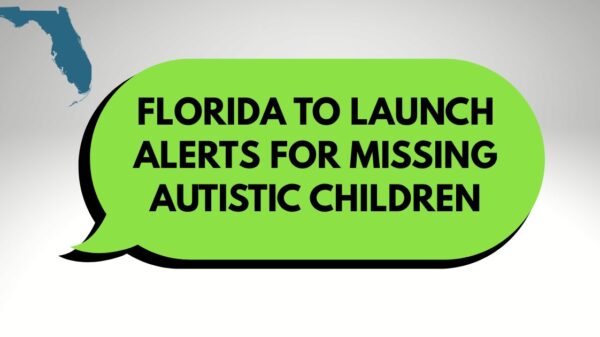Over the weekend, Gov. Ron DeSantis directed the Florida Division of Emergency Management to activate to Level II to coordinate the state’s response to COVID-19 and provide critical support to the Florida Department of Health and county health departments.
The governor’s directive follows an announcement from the Florida Department of Health (DOH) that two individuals have died and two new presumptive positive cases were confirmed in Broward County. Over the weekend, DOH announced a new presumptive positive case in Lee County. The individual is isolated and being appropriately cared for.
“I have directed the Division of Emergency Management to activate to Level II to ensure our state has all the necessary resources engaged as we respond to COVID-19,” said DeSantis. “It is critical that we proactively coordinate all state resources to mitigate the threat and contain COVID-19. I urge all Floridians to take necessary precautions and follow hygiene guidelines issued by the Surgeon General and Florida Department of Health.”
On March 1, DeSantis issued Executive Order 20-51, which directed state Surgeon General Scott Rivkees to declare a public health emergency to better equip Florida with the resources needed to handle the public health threat. The governor has requested $25 million from the Florida Legislature to be appropriated in this current year for the Florida Department of Health to be used immediately to assist with the COVID-19 response.
Guidance from the Florida Department of Health
The Florida Department of Health is working closely with the patients, potential close contacts of each case and health care providers to isolate and monitor persons who may have been exposed to COVID-19 and implement testing of anyone who may develop COVID-19 symptoms, including fever, cough or shortness of breath.
COVID-19 can spread from person to person through small droplets from the nose or mouth, including when an individual coughs or sneezes. These droplets may land on objects and surfaces. Other people may contract COVID-19 by touching these objects or surfaces, then touching their eyes, nose or mouth.
Symptoms of COVID-19 are fever, cough and shortness of breath. Symptoms may appear in as few as two days or as many as 14 days following exposure. Most people recover from the COVID-19 without needing special treatment. The elderly and those with underlying medical problems like high blood pressure, heart problems and diabetes, are more likely to develop serious illness.
There is currently no vaccine to prevent COVID-19. The best way to prevent illness is to avoid being exposed to this virus. As a reminder, the Department always recommends everyday preventive actions to help impede the spread of respiratory diseases, including:
- Avoiding close contact with people who are sick;
- Staying home when you are sick and avoiding contact with persons in poor health;
- Avoiding touching your eyes, nose and mouth with unwashed hands;
- Covering your cough or sneeze with a tissue, then disposing of the tissue;
- Washing your hands often with soap and water for at least 20 seconds, especially after going to the bathroom, before eating, after blowing your nose, coughing or sneezing;
- If soap and water are not readily available, use an alcohol-based hand sanitizer with at least 60 percent alcohol. Always wash hands with soap and water if hands are visibly dirty; and
- Cleaning and disinfecting frequently touched objects and surfaces using a regular household cleaning spray or wipe.
The CDC does not recommend that asymptomatic, healthy people wear a facemask to protect themselves from respiratory diseases, including COVID-19. Facemasks should be used by people who show symptoms of COVID-19 to help prevent the spread of the disease to others. The use of facemasks is also crucial for health workers and people who are taking care of someone in close settings (at home or in a health care facility).
A person that experiences a fever and symptoms of respiratory illness, such as fever, cough or shortness of breath, within 14 days after travel from China, Italy, Iran, South Korea, Japan and any other destination under CDC travel advisory should call ahead to their health care provider and local county health department (CHD) and mention their recent travel or close contact.
If a person has had close contact with someone showing these symptoms who has recently traveled from this area or been in contact with a person with laboratory-confirmed COVID-19, they should call ahead to a health care professional and the county health department. The health care professional will work with the Department to determine if the person should be tested for COVID-19.
Please visit the Department’s dedicated COVID-19 webpage at FloridaHealth.gov/COVID-19. This remains the best and most up-to-date resource for information and guidance regarding COVID-19 in Florida.
For any other questions related to COVID-19 in Florida, please contact the Department’s dedicated COVID-19 Call Center by calling 1-866-779-6121 or emailing COVID-19@flhealth.gov. The Call Center is available 24 hours a day, seven days a week.
In addition, please visit floridahealth.gov/all-county-locations.html to locate and obtain contact information for your local CHD.
The CDC also has a website with information related to COVID-19: cdc.gov/coronavirus/2019-ncov/index.html.




















